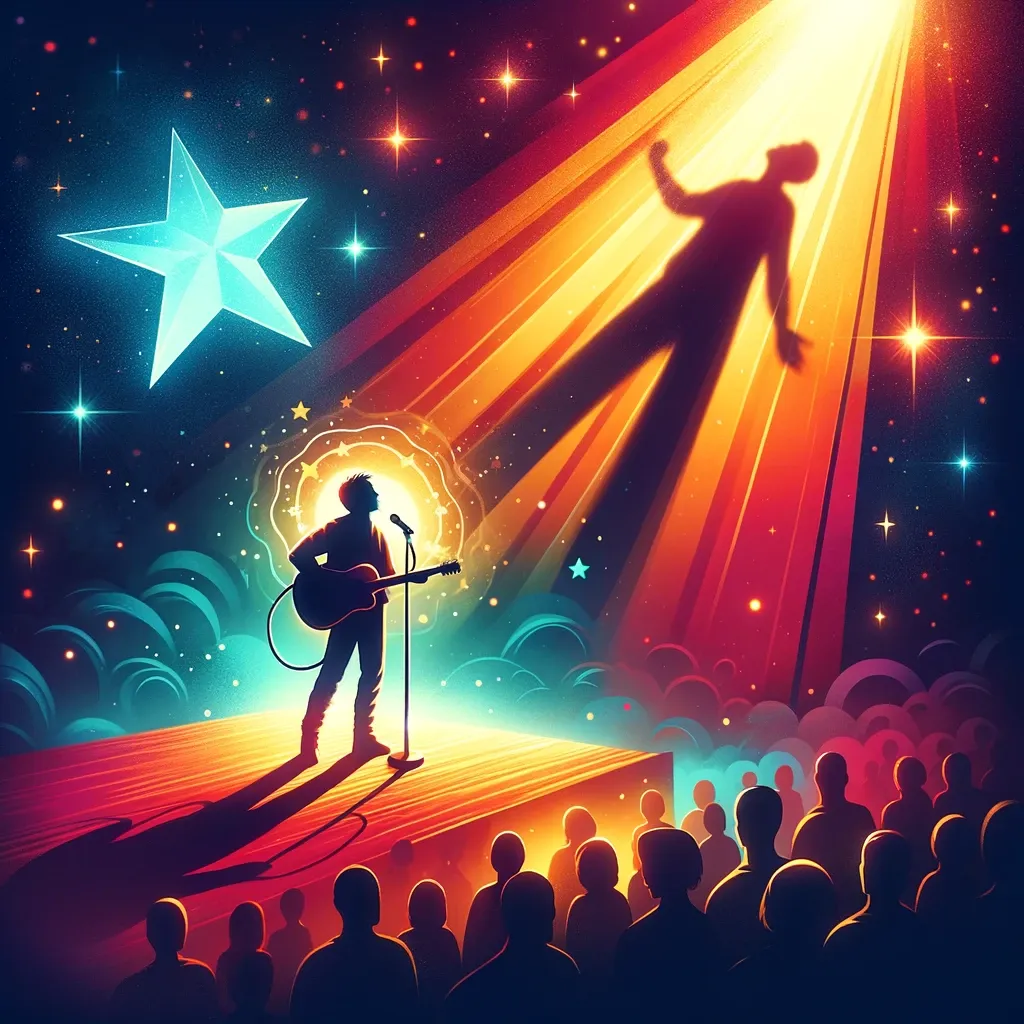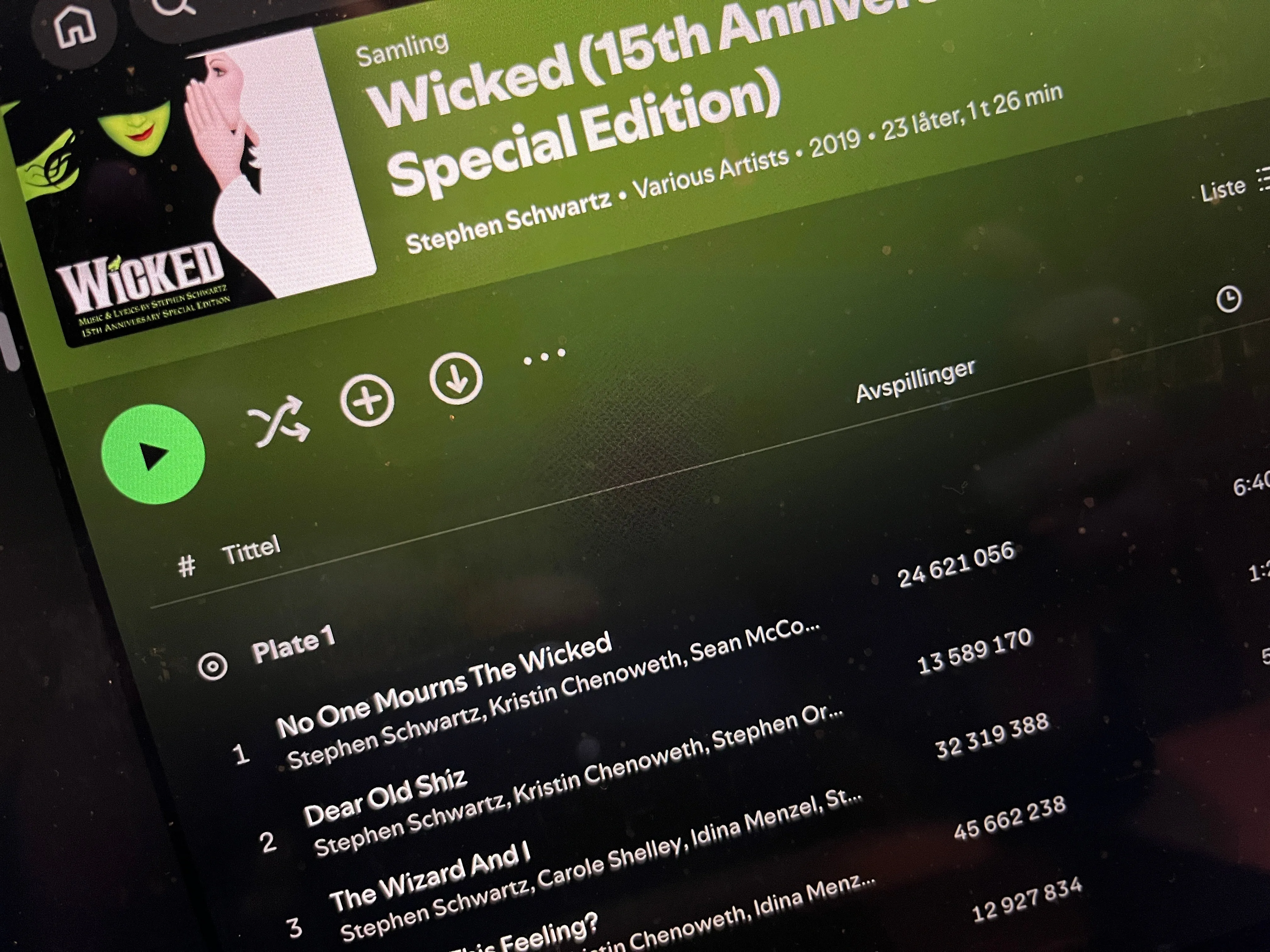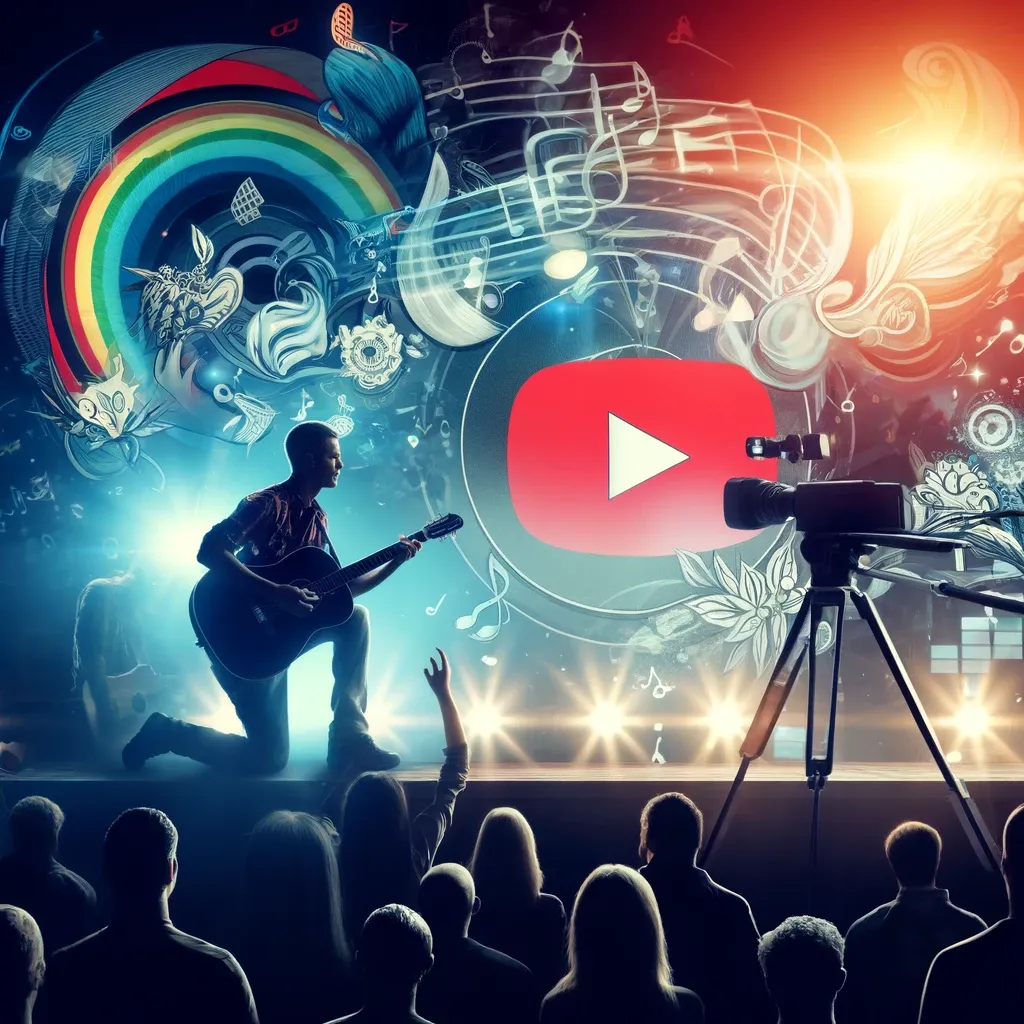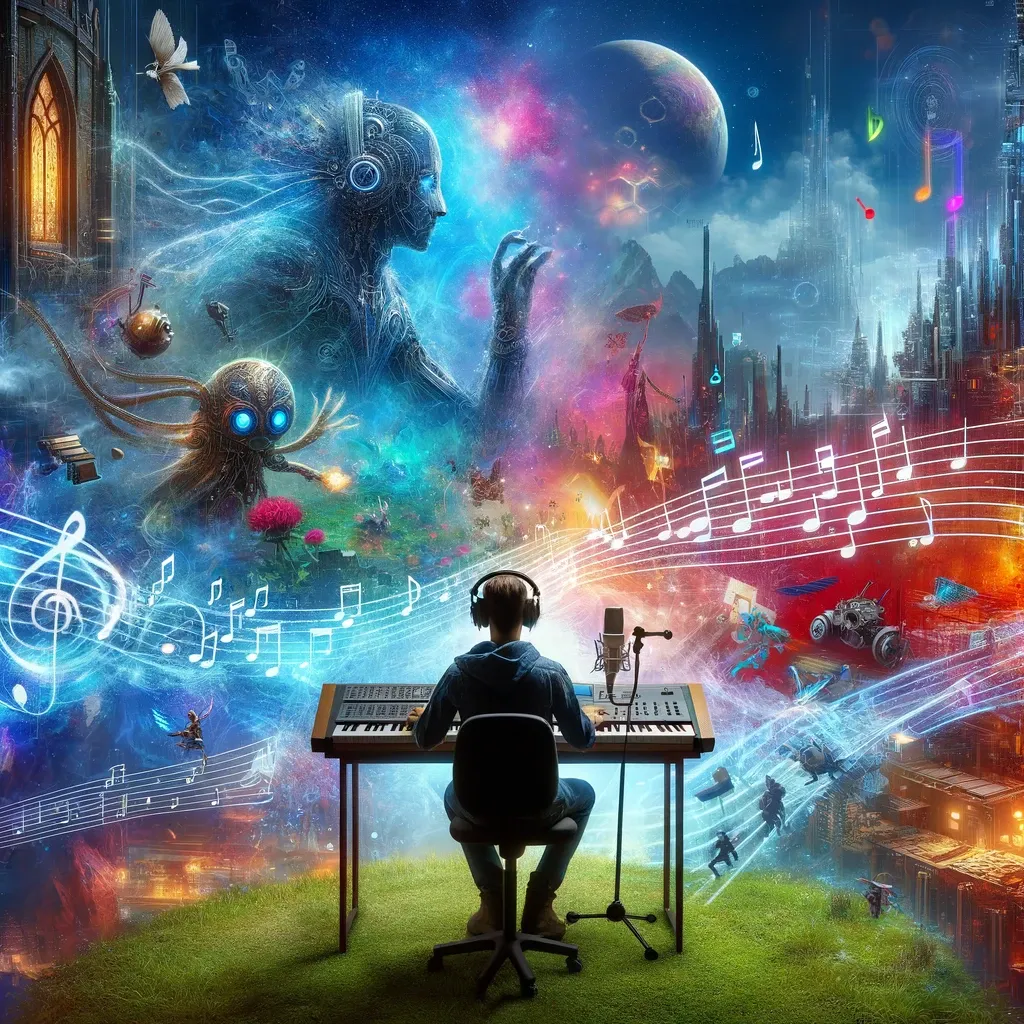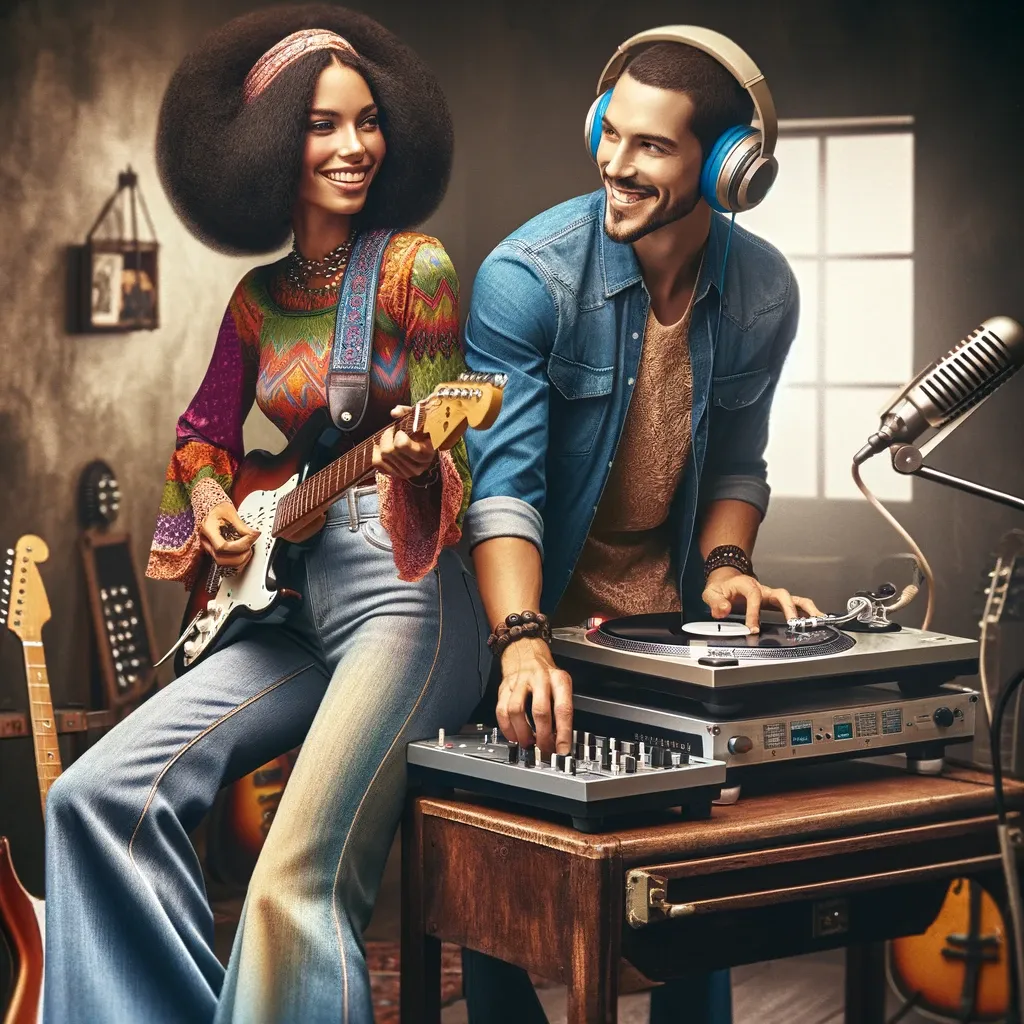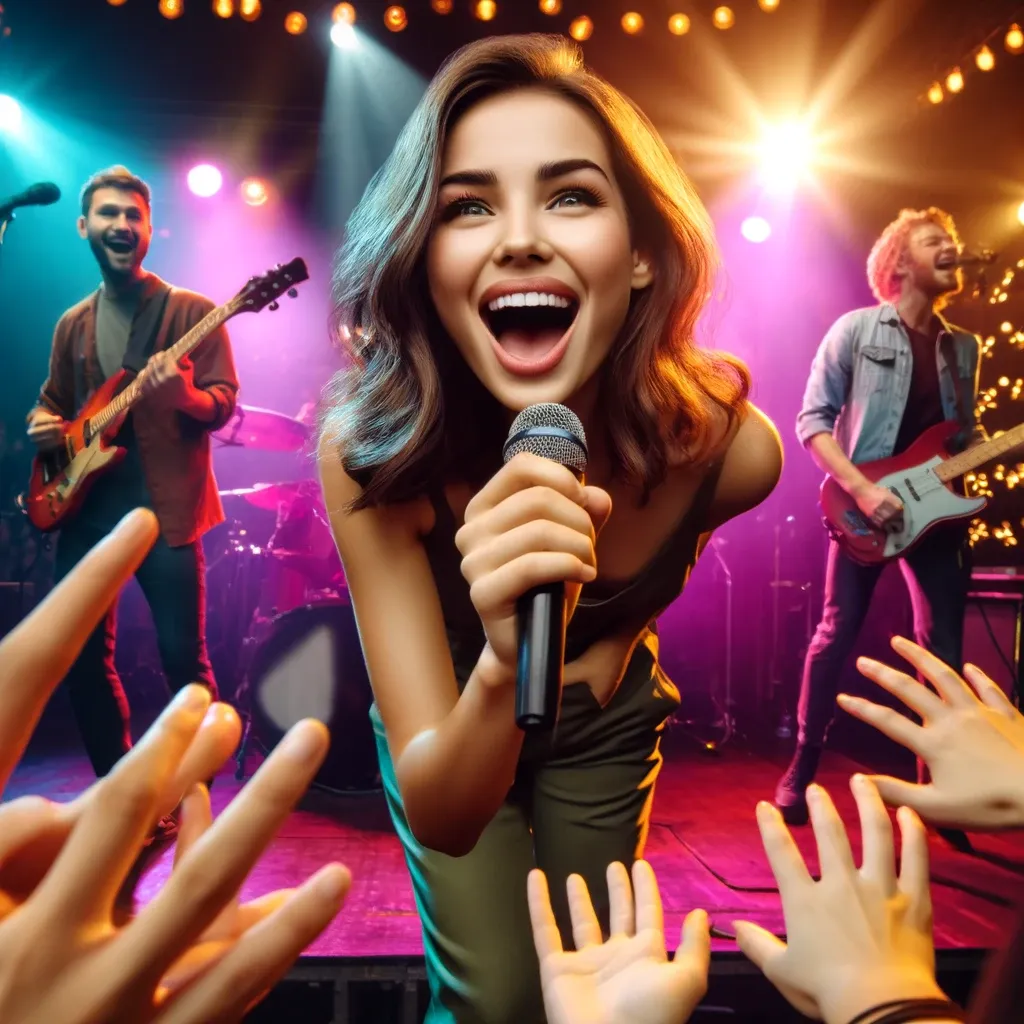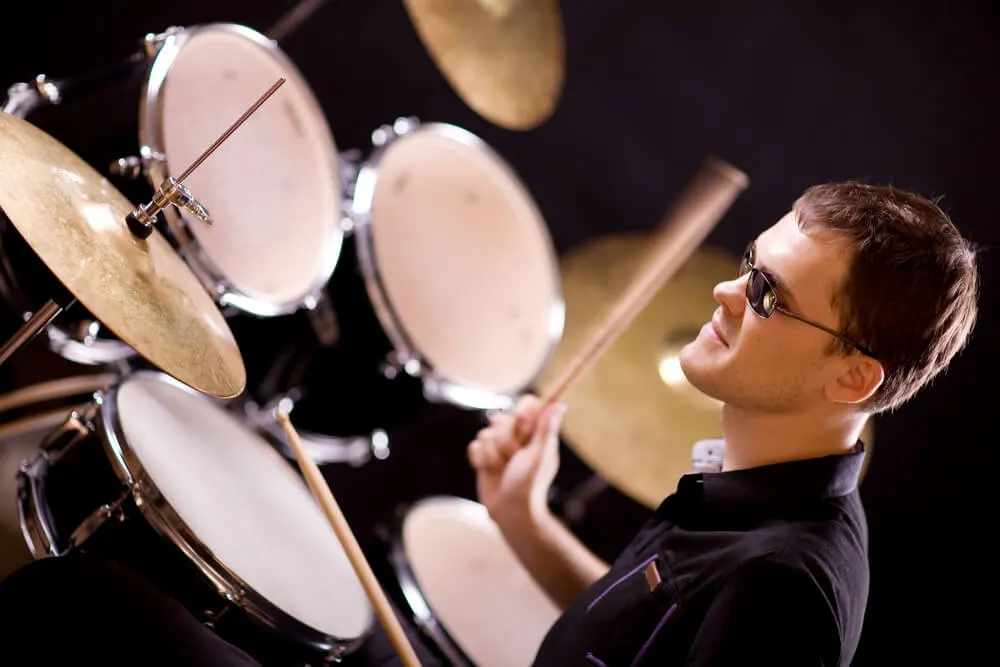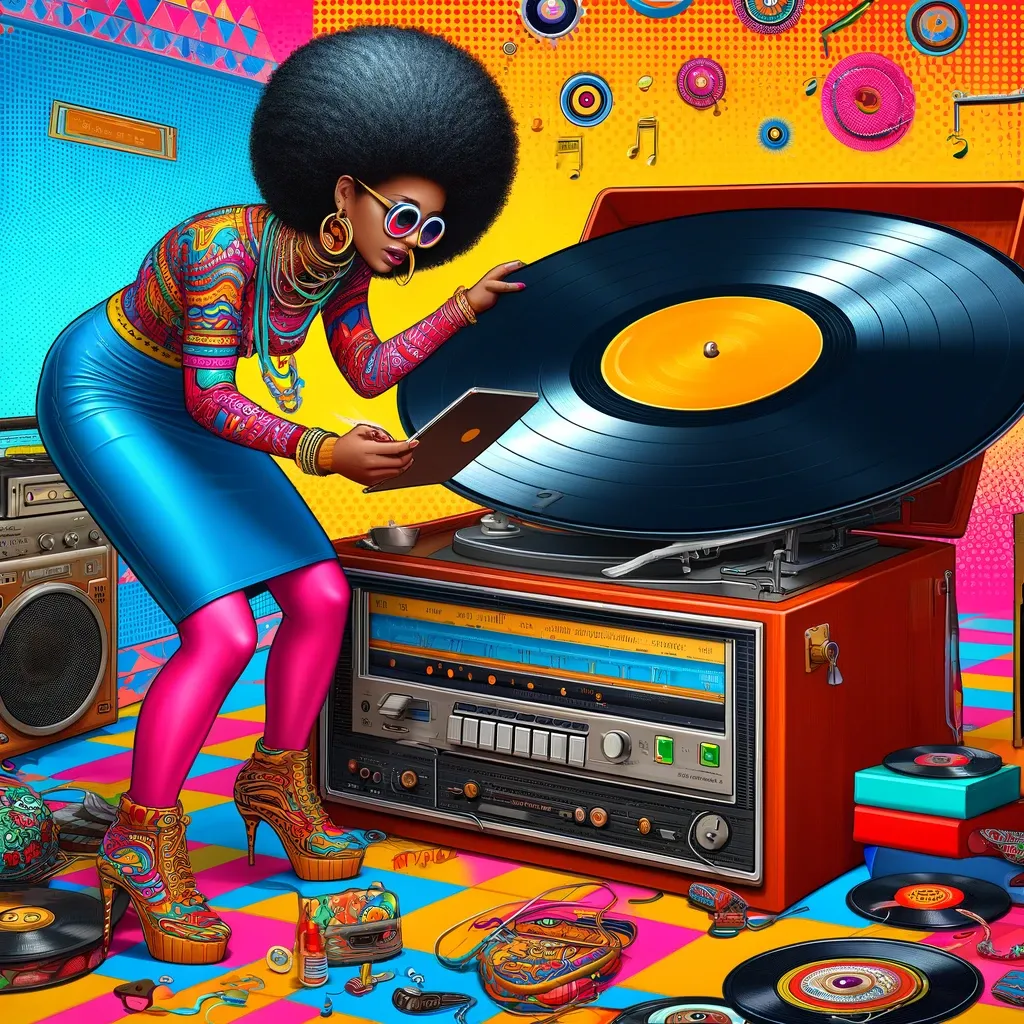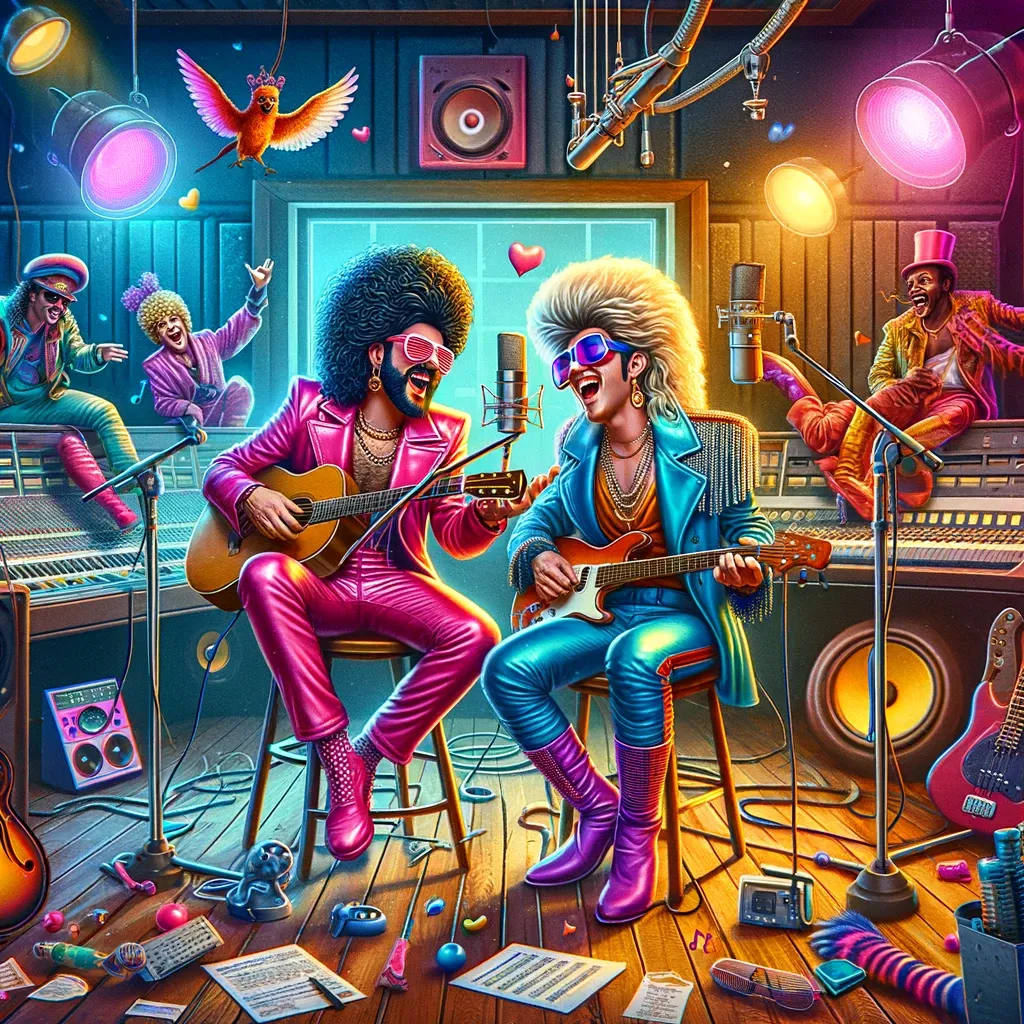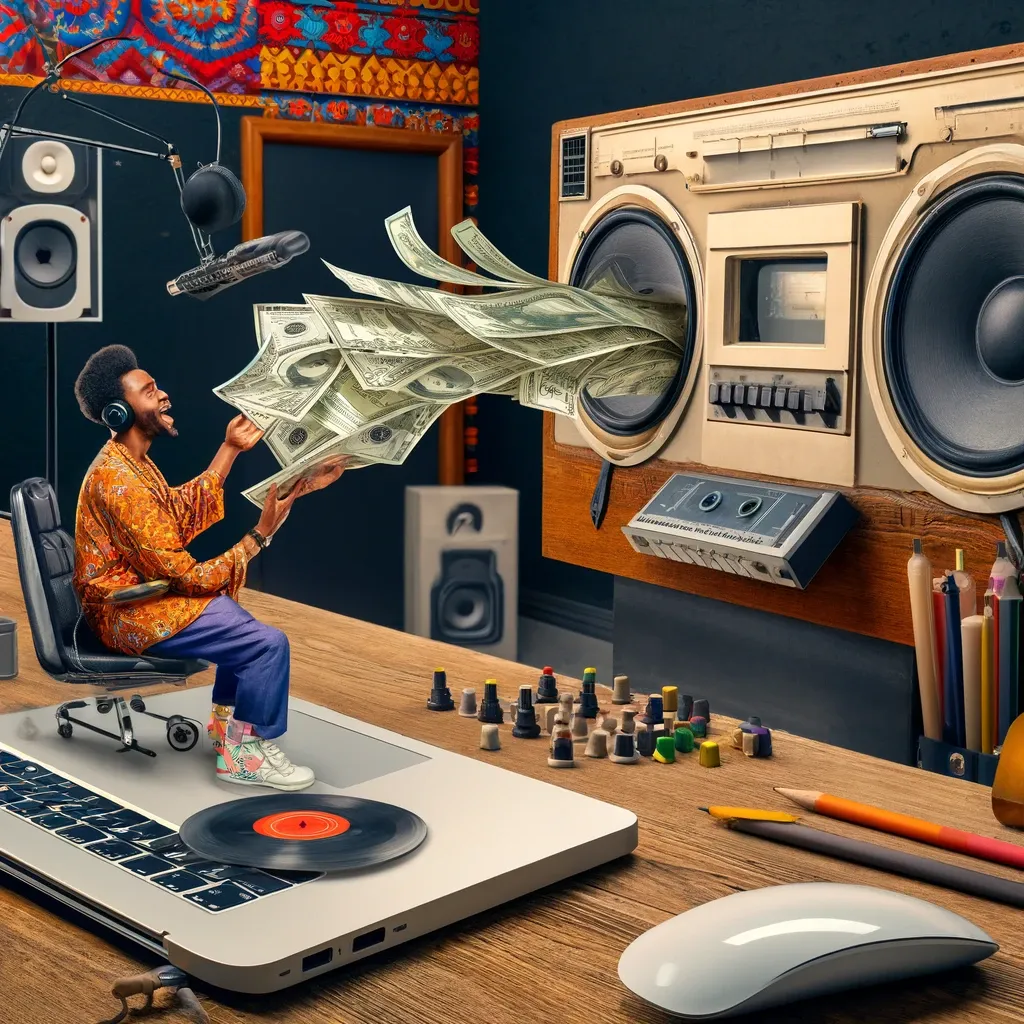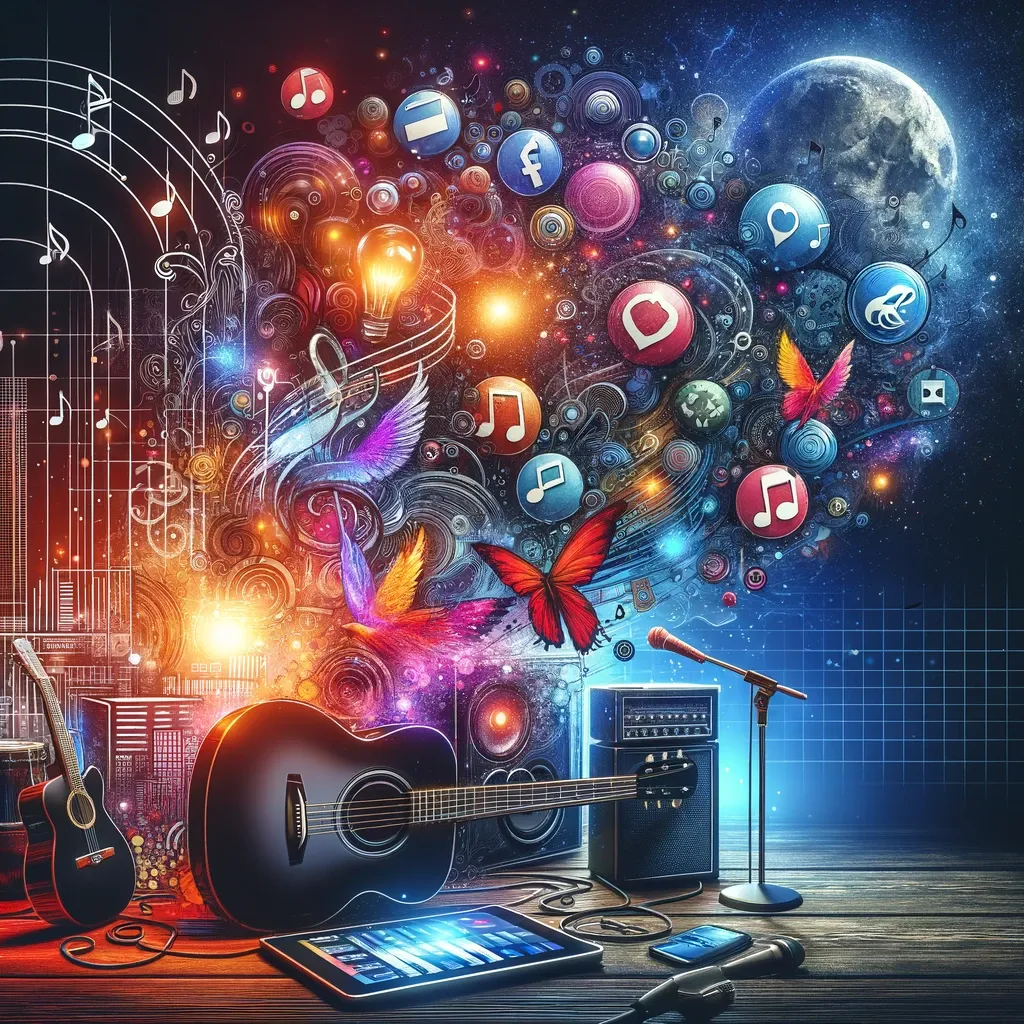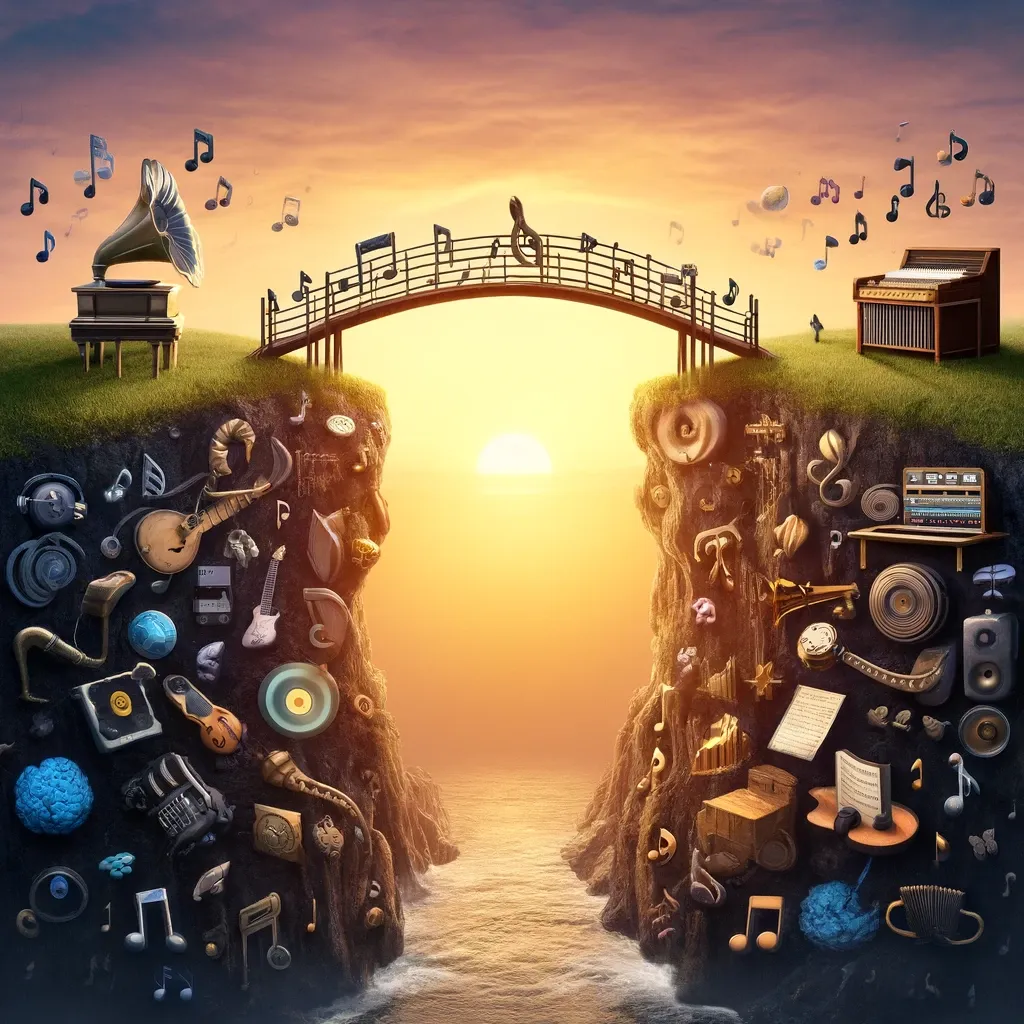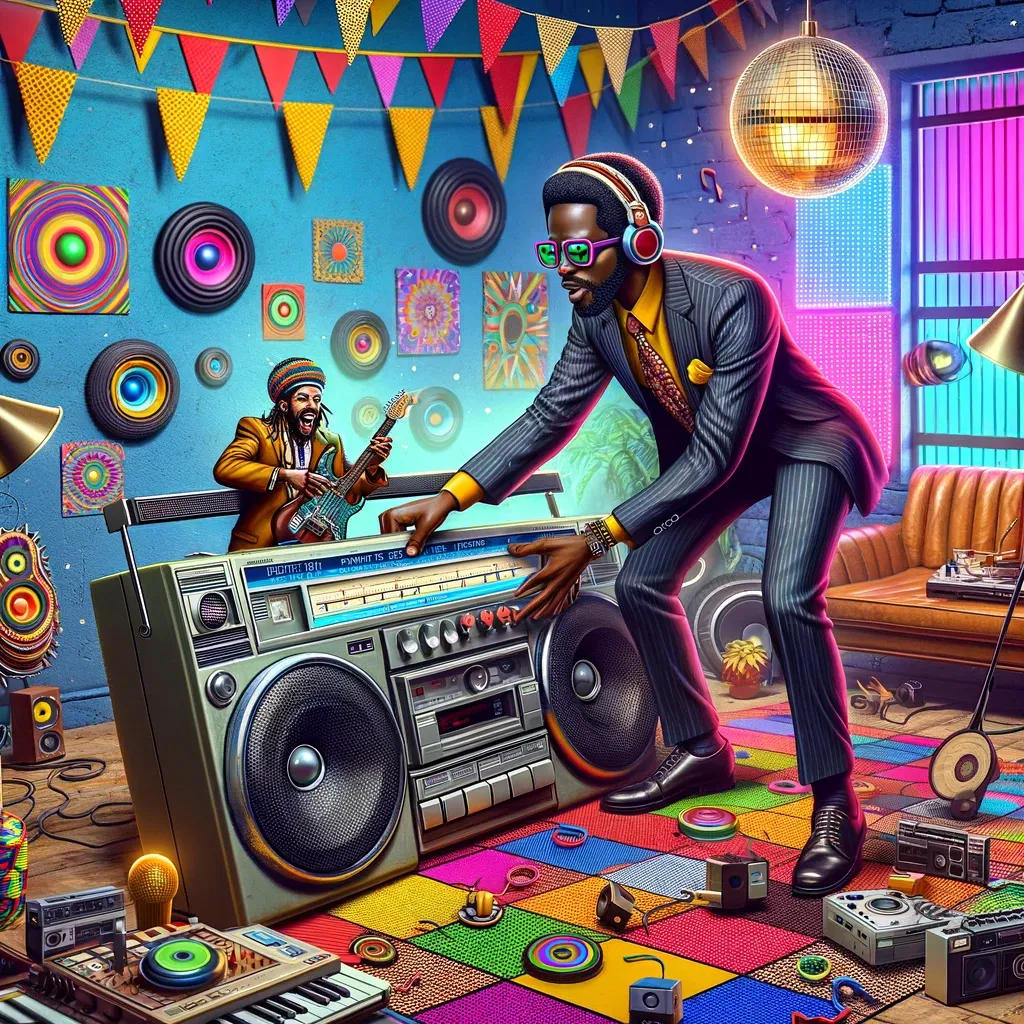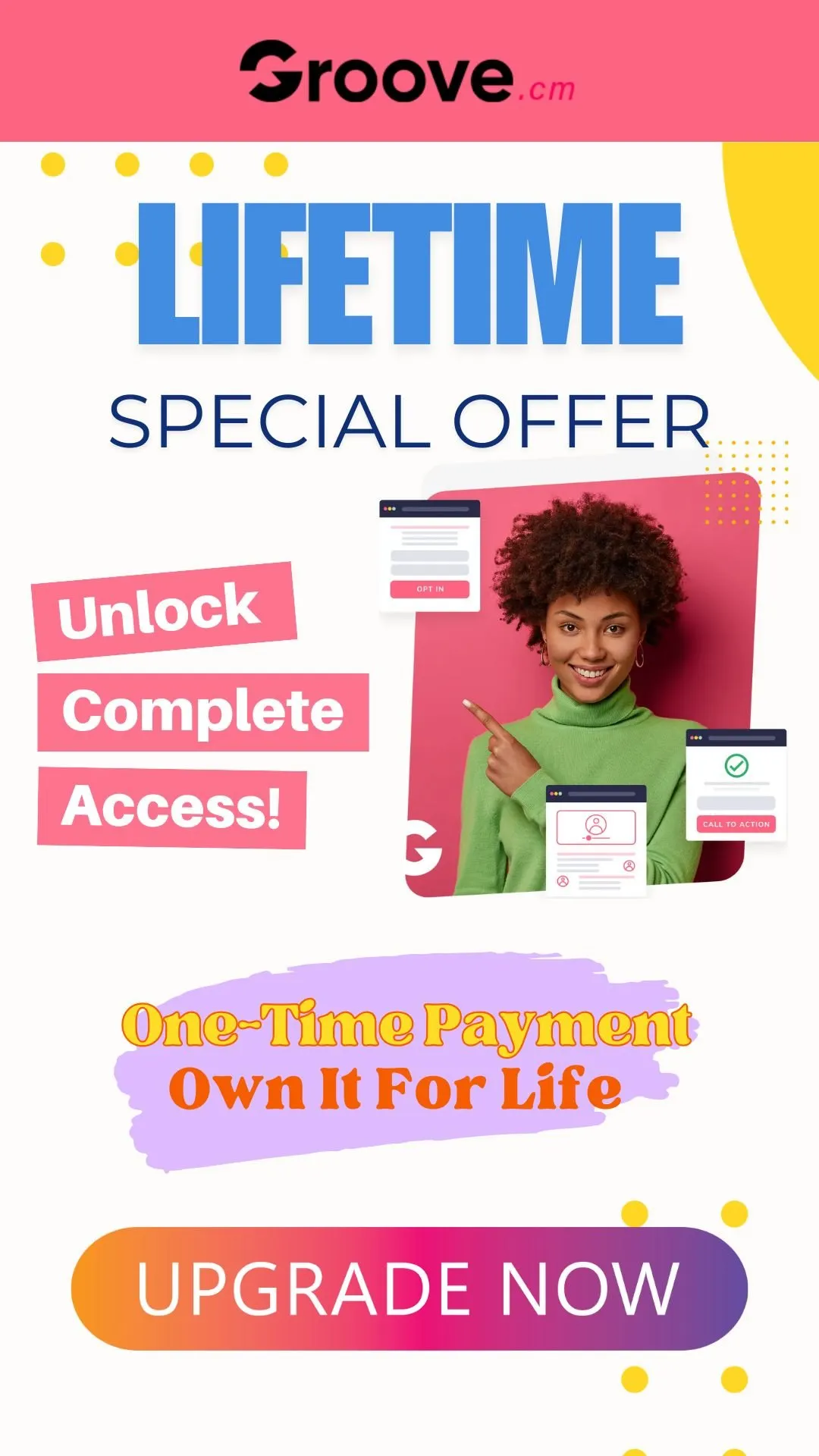Your Music Resume Is Killing Your Career (And You Don't Even Know It)
I just saw a resume that made me physically cringe.
"Guitarist with 15 years experience. Performed at 50+ venues. Available for bookings."
This musician is talented. I've heard them play. But their resume? Career suicide.

Here's the brutal truth: Most musicians write resumes that make bookers want to take a nap—not book a gig.
Meanwhile, the artists actually filling venues? They're doing something most musicians are too scared to try.
They're telling stories that make people feel something.
Why Your Resume Is Getting You Rejected (Before They Even Hear You Play)
You're writing your resume like a LinkedIn profile:
- "Played guitar for 15 years"
- "Performed at local venues"
- "Studied music theory"
Stop.
Here's what actually happens when bookers read this:
Their brain goes into "scan mode." They're looking for reasons to say NO , not yes.
You think credentials matter. You think technical excellence sells your music.
Wrong.
People choose music based on connection—not your bio. The musicians getting booked understand this: Connection trumps credentials.
You're dismissing the exact stories that would make bookers obsessed with your music:
- First open mic nerves
- Late-night garage sessions
- That moment you overcame stage fright
You think these are "ordinary" experiences everyone has.
They're not.
Those vulnerable moments are pure gold to non-musicians. They make someone think: "I want to support this person" instead of "This person doesn't need my help."
"But I'm Not a Writer..."
Now, I know what you're probably thinking:
"This sounds great, Malene, but I'm a musician, not a writer. I can barely write a decent Instagram caption, let alone transform my whole resume into compelling stories."
That's where this gets interesting.
You can now use AI to help you tell these stories. And before you roll your eyes—hear me out.
I know what you're thinking:
- "AI is stealing from real artists"
- "AI will replace musicians"
- "I want my music to be authentic"
Here's what you're missing: There's a massive difference between AI creating music and AI helping you tell your story.
AI can't fake your experiences. But it can help you present your real stories in ways that actually connect with people.
Your garage sessions. Your first gig jitters. That fan who said your song saved their life.
Those stories are 100% yours. AI just helps you tell them better.
Think of it like having a conversation with a friend who's really good at helping you see why your experiences matter.
The Magnetic Resume Structure That Actually Works
1. Lead With Story, Not Stats
Boring: "John Smith is a singer-songwriter from Nashville with 10 years experience."
Magnetic: "I write songs for people who feel like outsiders—because I've been there, sitting alone in my car after another failed audition, wondering if my music would ever matter to anyone."
2. Show Your Unique Approach
Boring: "Instruments: Guitar, Piano, Vocals"
Magnetic: "I tune my guitar down a half-step because I like how it sounds with my voice" or "I write on piano but perform on guitar, which gives my songs a different rhythm than most singer-songwriters."
3. Transform Venue Lists Into Impact Stories
Boring: "Performed at Blue Moon Cafe (2022-2023), The Rusty Nail (2021)"
Magnetic: "Three months into my Tuesday night residency at Blue Moon Cafe, I noticed the same faces showing up every week. Now those nights are packed with regulars who sing along to songs I thought nobody cared about."
4. Real Learning Beats Formal Credentials
Boring: "Berklee School of Music, Music Theory Certificate"
Magnetic: "Learned more about songwriting from three months of open mics than four years at Berklee."
5. Turn Achievements Into Insights
Boring: "Winner of Battle of the Bands 2023"
Magnetic: "Beat 12 other bands at downtown Battle of the Bands with a song I wrote the week before—sometimes the newest material connects best."
Your Dead-Simple AI Storytelling Method
Forget complicated prompts. Forget trying to sound perfect.
Open ChatGPT and just talk like you're telling a friend about your music journey:
"So I was in my garage last Tuesday practicing this new song, and my neighbor knocked on the door..."
"I remember my first open mic—I was so nervous I almost threw up in the parking lot..."
"We were jamming in my buddy's basement when someone came up with this line, and suddenly..."
Just talk. Tell AI about moments that felt ordinary to you.
Watch what happens when AI helps you see why those moments are actually fascinating to everyone else.
Why Story-Driven Resumes Work Like Magic
When someone reads a story-driven resume, something magical happens in their brain:
They start imagining what it would be like to experience your music firsthand.
They're not just reading about you anymore—they're mentally attending your show.
That's the difference between getting ignored and getting booked.
Your "boring" creative process? Outsiders find it fascinating.
Your struggles and breakthroughs? They make you relatable and human.
Those moments when your music affected someone? They prove you create experiences, not just sounds.
Here's What This Really Means for Your Career
Every day you send out that boring, credential-stuffed resume, you're literally training people to forget about you.
But when you share the real, human stories behind your music?
That's when everything changes.
That's when bookers start calling YOU .
That's when fans start seeking YOU out.
Your Next Move
Open ChatGPT right now.
Start talking about one moment from your music journey—even if it feels "boring" to you.
Just start with: "So there was this time when..." and see what happens.
The stories that will make you magnetic are already inside you.
You just need to start telling them.
